It was the year 2013, a simpler time. While the world was still reeling from the Harlem Shake’s relentless assault on our eyeballs and the royal baby fever was reaching its crescendo with Prince George’s grand entrance, a Vietnamese developer named Dong Nguyen was quietly hatching his own little bundle of joy (or should we say, flap?) in the form of Flappy Bird.
The game turned our smartphones into vortexes of time loss and bizarre joy. There’s a peculiar charm in guiding a pixelated bird through a maze of green pipes—a charm that, despite its simplicity, amassed a cult following overnight. And frankly, I don’t care if some people found it frustrating. That was part of its allure. The game required just a tap to keep the bird afloat, but each tap was a potential step toward glorious triumph or utter failure. And I loved it.
By early 2014, it was topping charts, generating tens of thousands of dollars in daily ad revenue, and was downloaded more than 50 million times. Not too shabby for a game that looks like it was made in Microsoft Paint! Nguyen claims he created Flappy Bird in just a few days, inspired by the simple gameplay of Nintendo’s Super Mario Bros.
However, like Icarus flying too close to the sun, Flappy Bird’s meteoric rise was matched by a swift and dramatic fall. At the height of its fame, Nguyen made the unexpected decision to remove the game from the App Store and Google Play, citing guilt over its addictive nature and the unintended stress it was causing. This move sparked a frenzy of downloads in the final hours, and led to a surge of clones trying to fill the void left by the original. Once Nguyen removed the game, the rules of the App Store meant he lost the rights to the name. Even if he wanted to bring Flappy Bird back, he couldn’t do so under the same name. Competitors and opportunists quickly jumped in, complicating any potential comeback.
Nguyen himself tried to recapture the magic with a few follow-up games, like Swing Copters and Flappy Birds Family, but lightning rarely strikes twice. The world had moved on, and Flappy Bird was left as a fond memory — or at least, that’s what the decade from 2014 to 2024 made us seem to think. The Flappy Bird Foundation Group announced their ambitious plan to resurrect the dead bird. The 2025 relaunch promises to harness the original’s charming yet maddening gameplay, while possibly infusing it with modern touches that respect its legacy yet cater to the evolved tastes of today’s gamers. Welcome back, old friend. We’ve missed you.

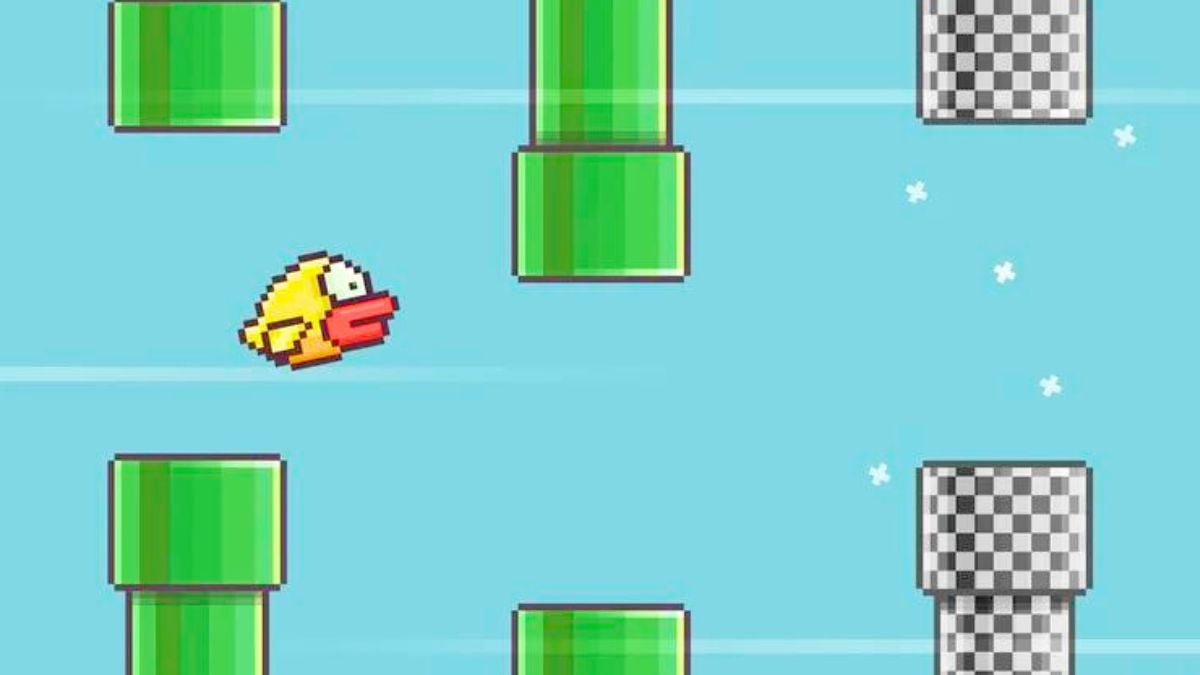

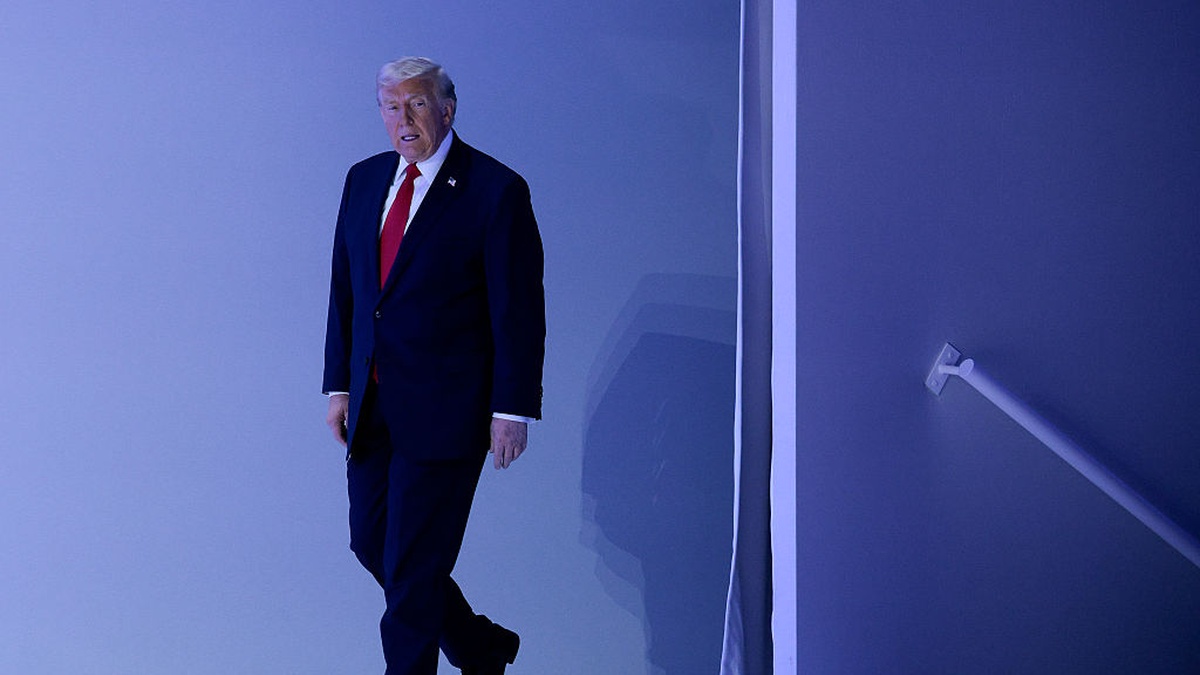
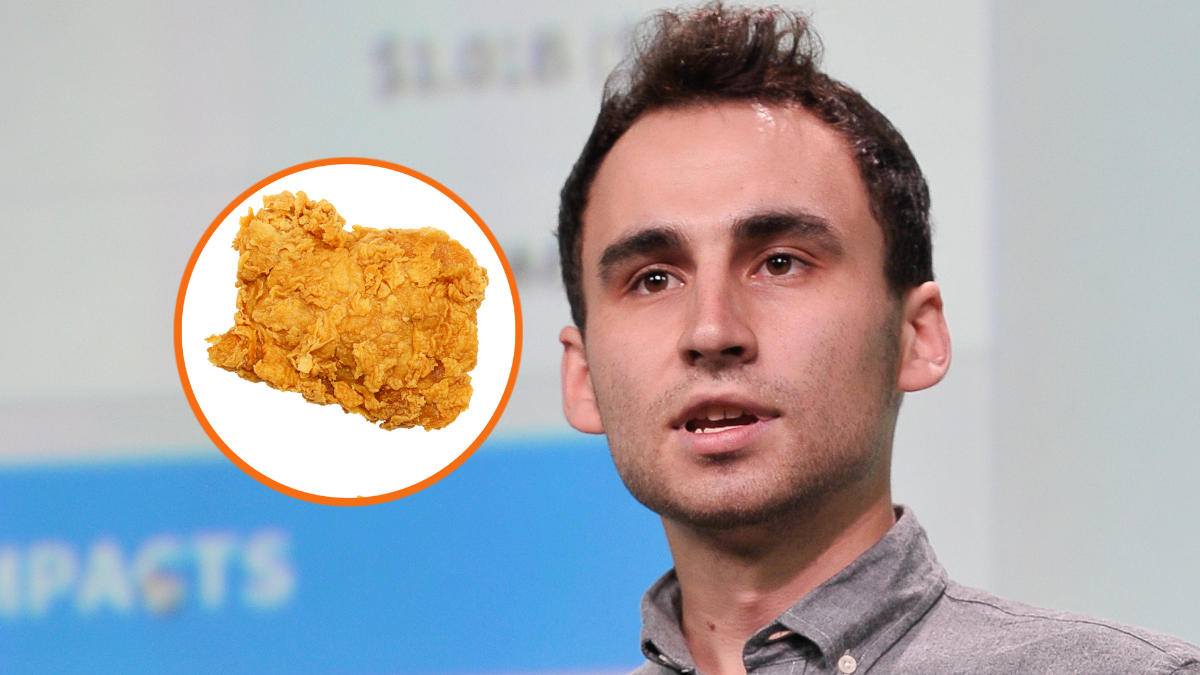
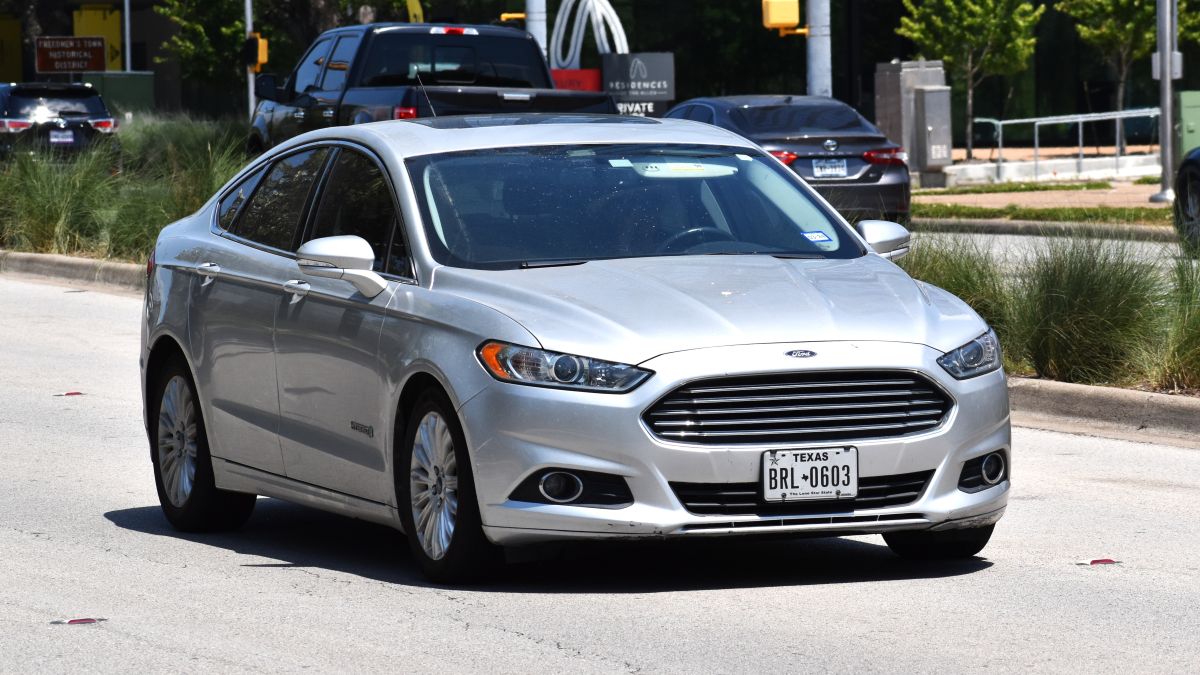
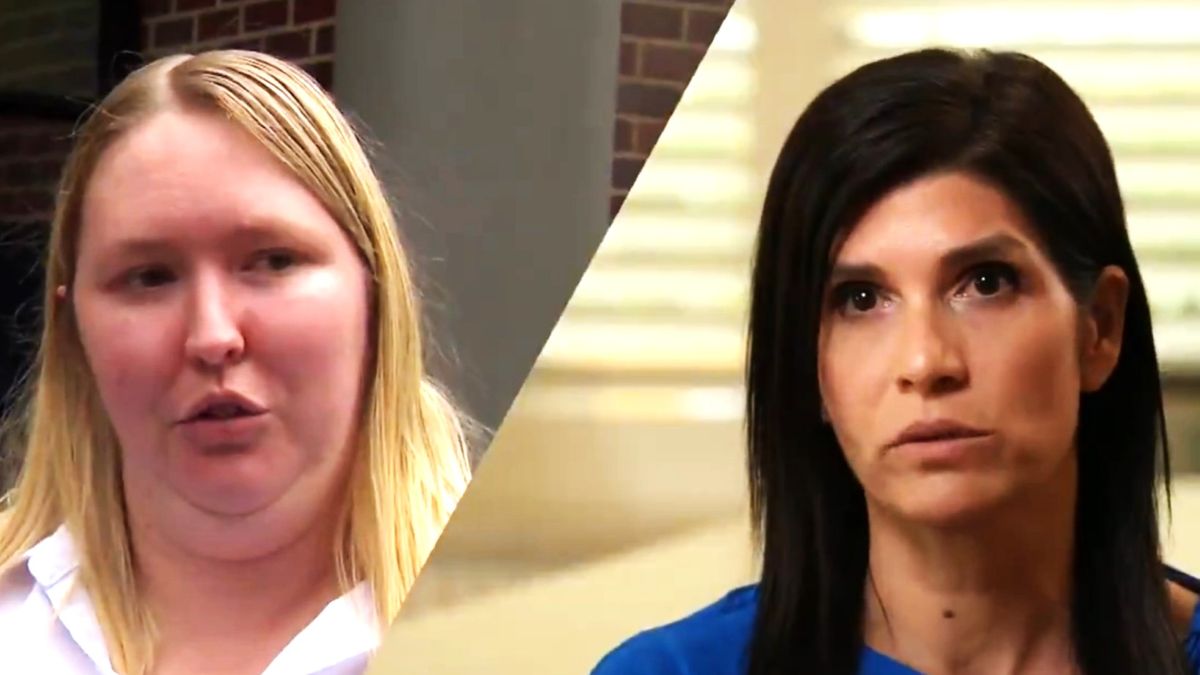


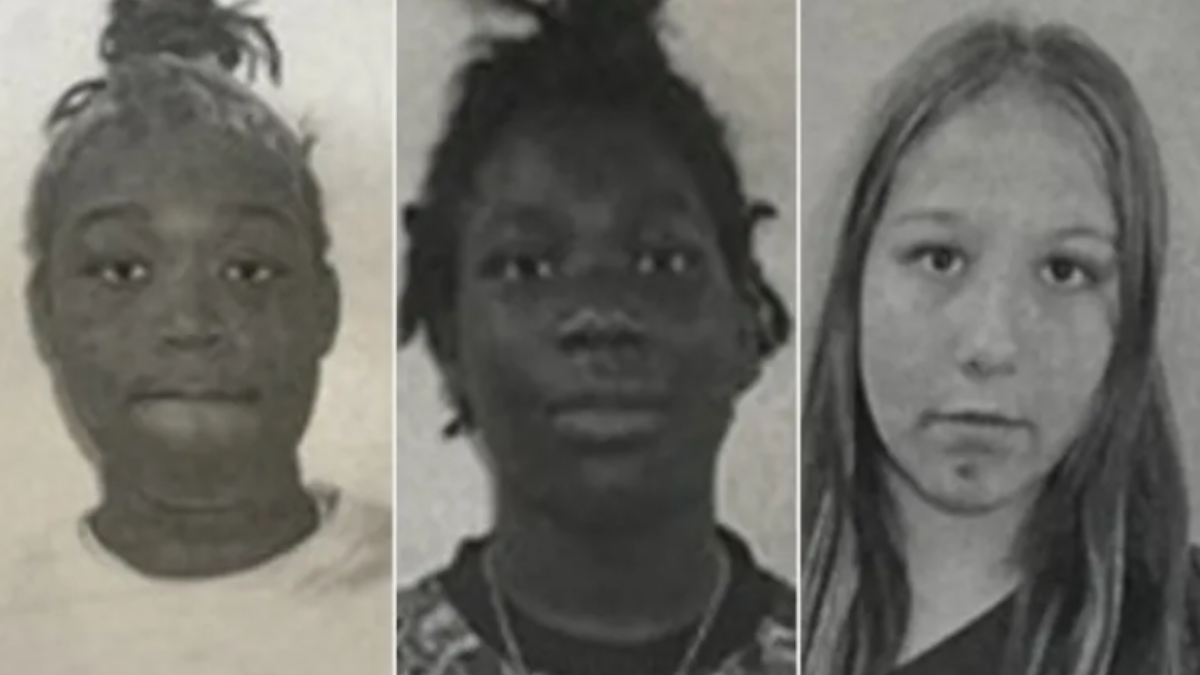

Published: Sep 12, 2024 12:33 pm